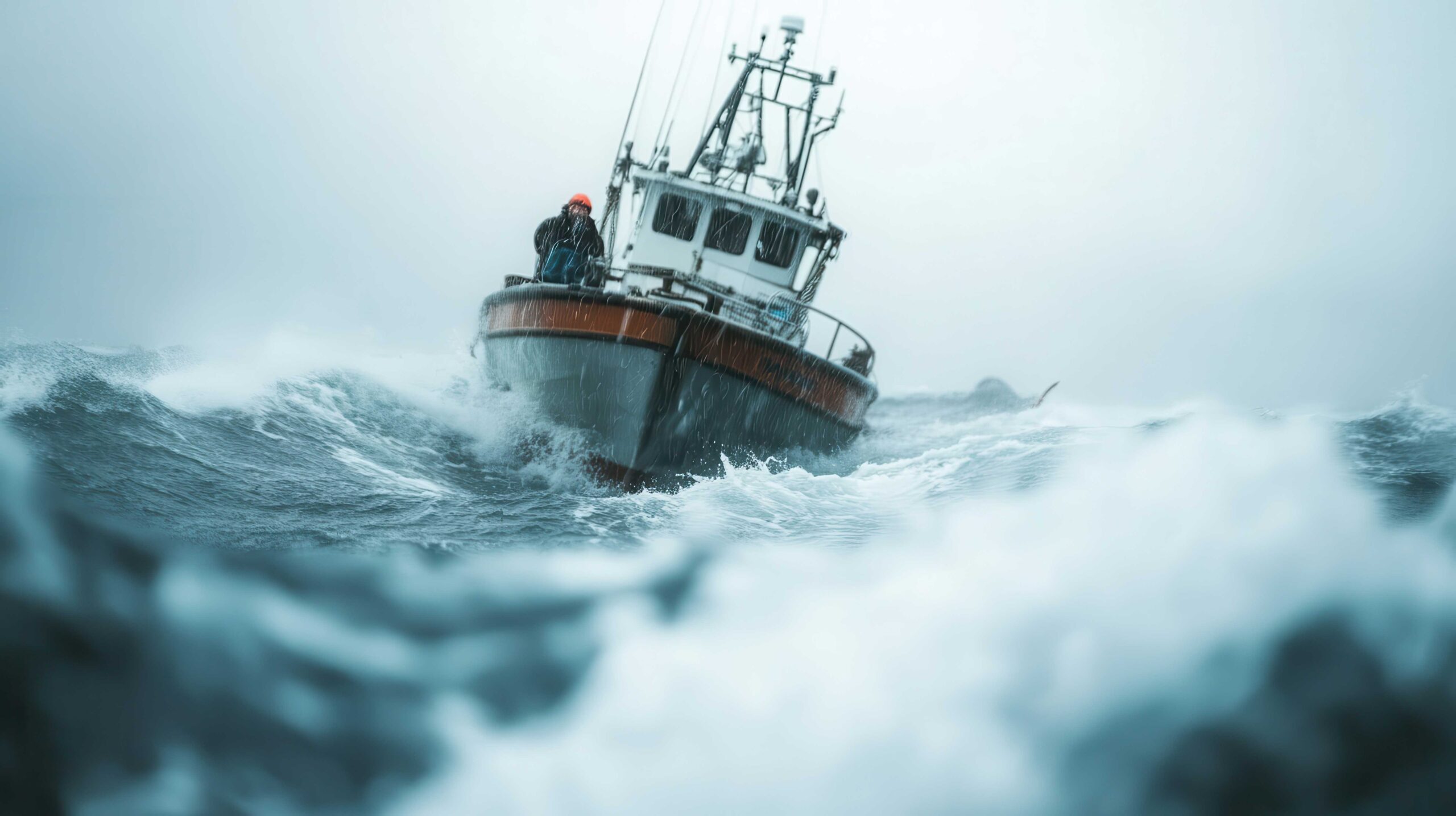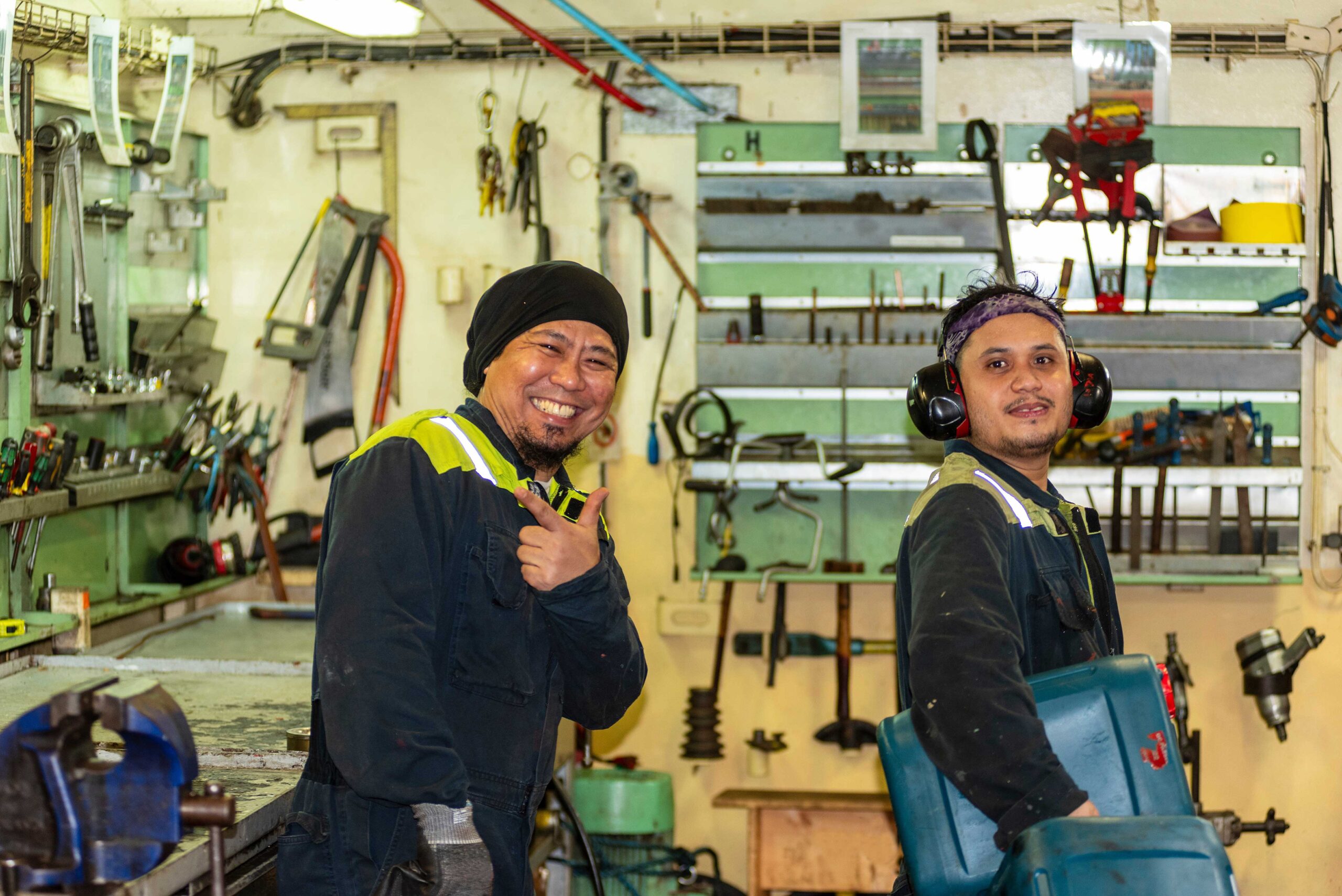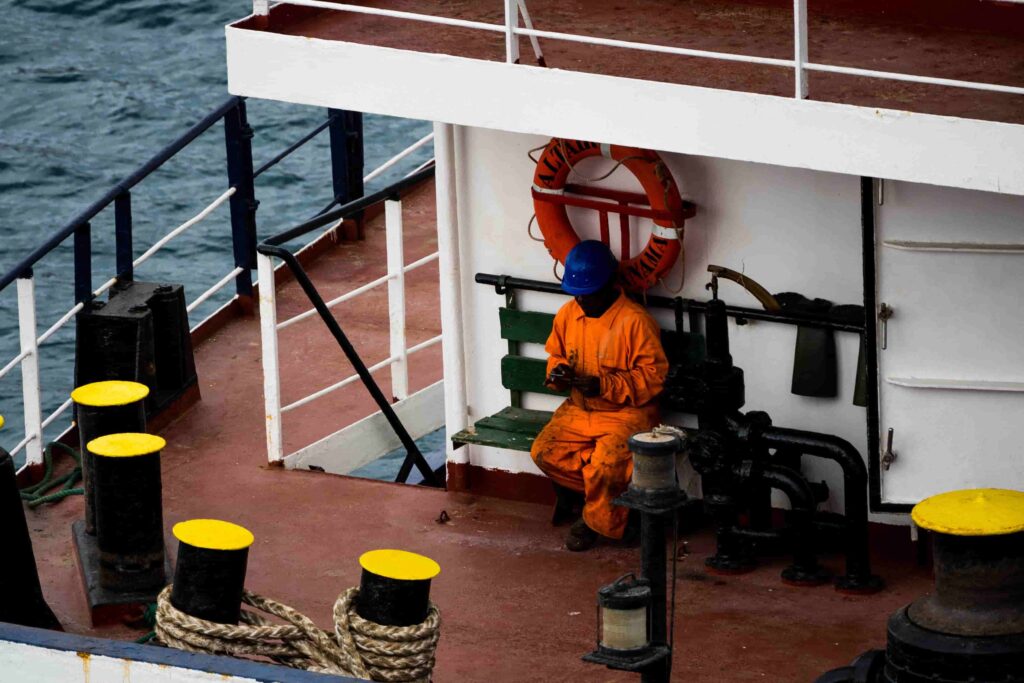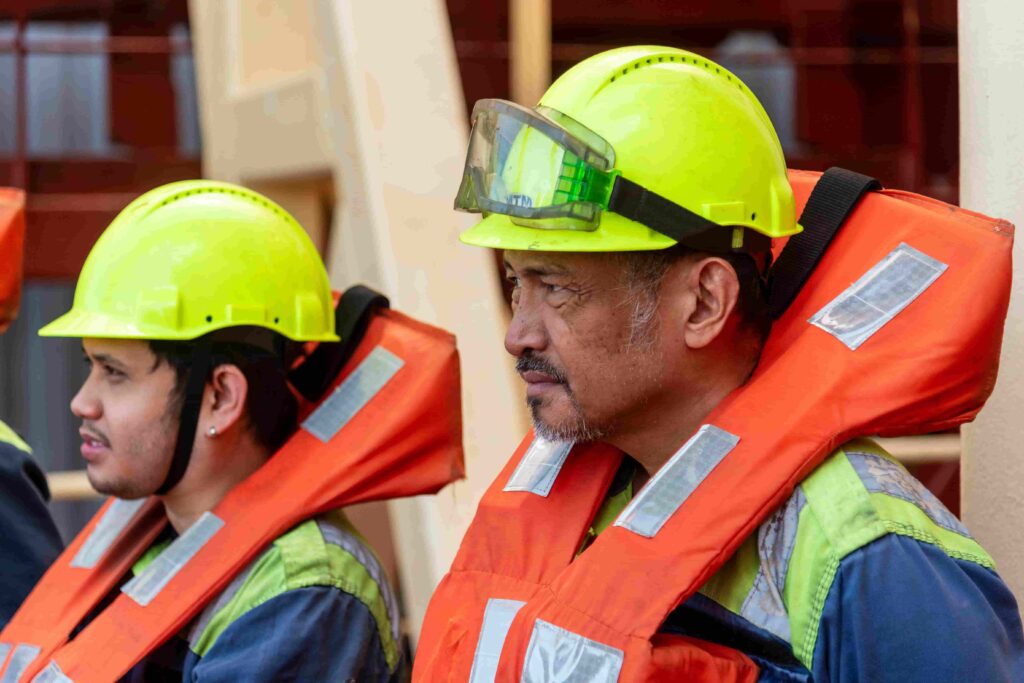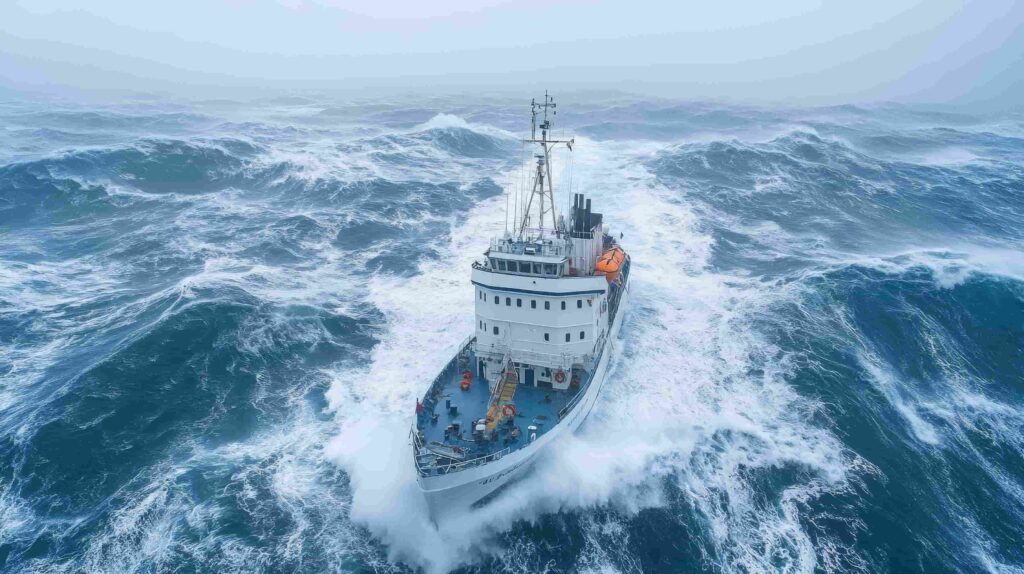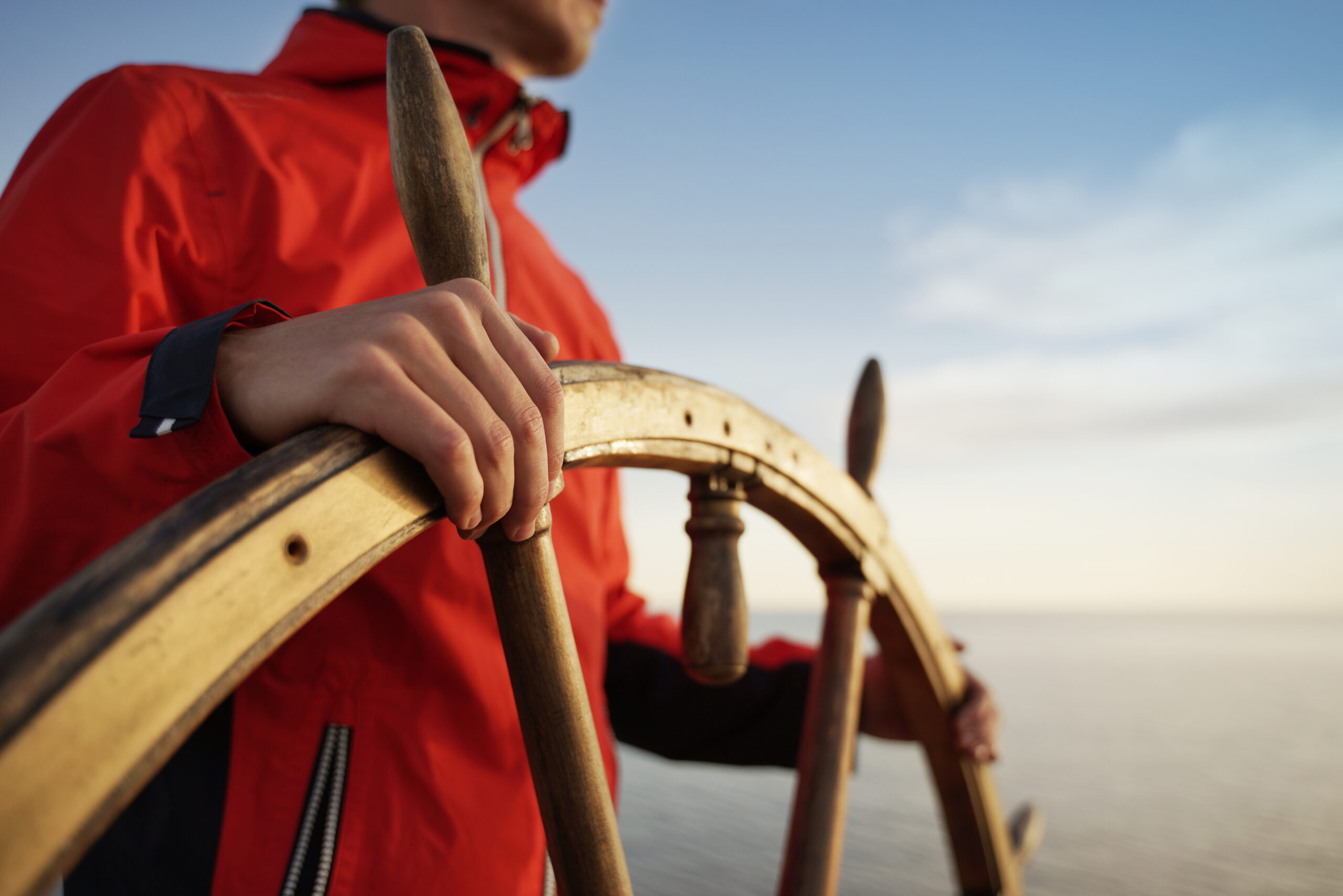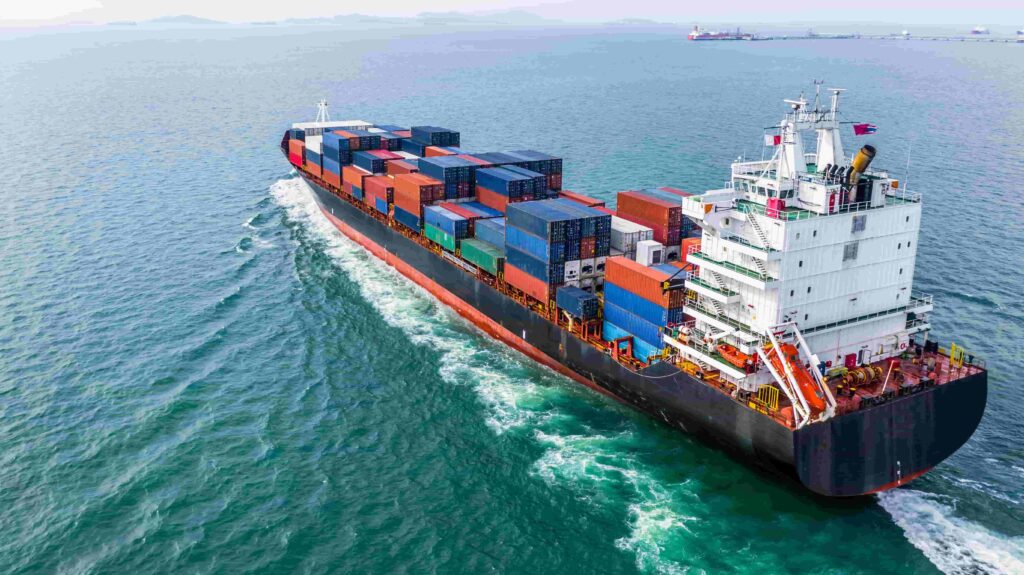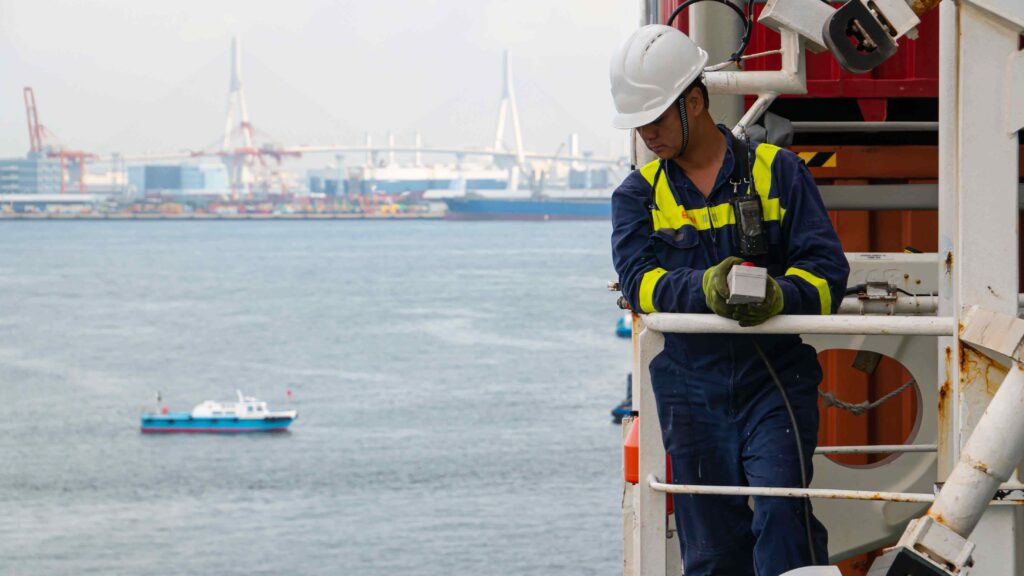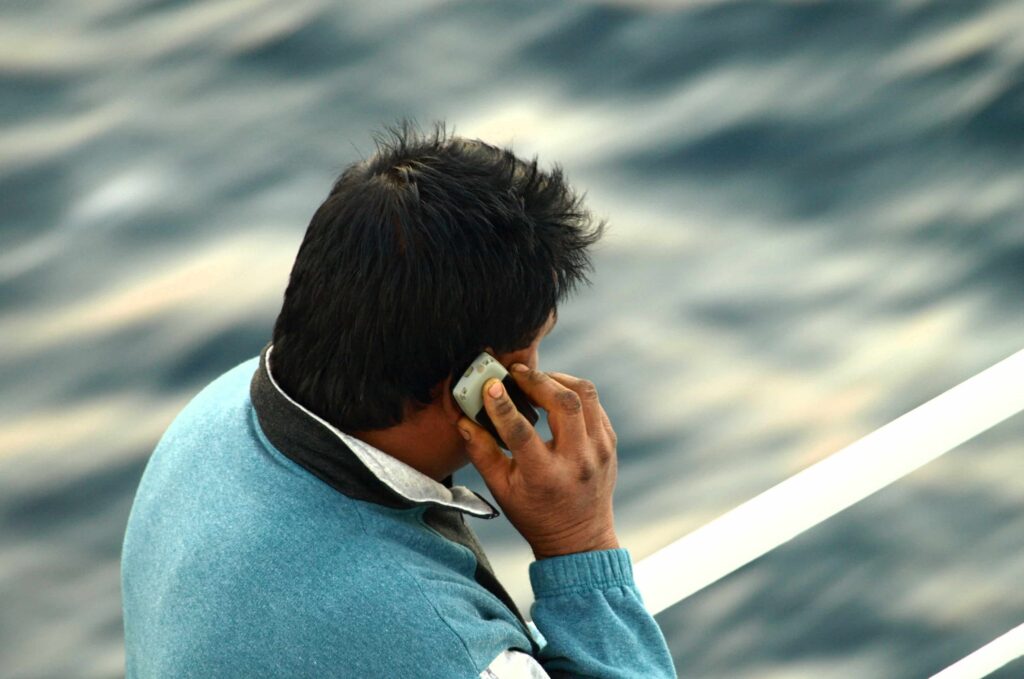- Mental Health, Workplace Safety
Treading Rough Waters: Identifying Mistreatment at Sea and What to Do Next
- Mental Health, Workplace Safety
Treading Rough Waters: Identifying Mistreatment at Sea and What to Do Next
Being a seafarer comes with its own set of challenges — long days away from home, tough working conditions, and the need to stay strong for yourself and your crew. But one thing you should never have to deal with is harassment or bullying at work.
Unfortunately, harassment can happen anywhere, even at sea. Whether it’s verbal abuse, exclusion, or inappropriate behavior, no one has the right to make you feel uncomfortable or unsafe. It’s important to understand that while companies may handle harassment differently, they must follow the Maritime Labour Convention and other national laws that protect seafarers’ rights — including the right to be free from harassment and to work in a safe environment. If you’re facing mistreatment, you don’t have to stay silent. You have the right to speak up and take action.
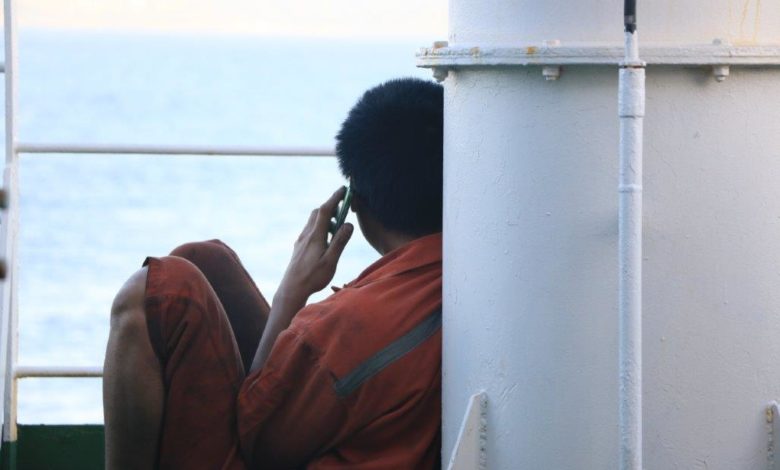
What is Workplace Harassment?
Harassment means someone is treating you in a way that affects your dignity. It could make you feel scared, insulted, embarrassed, or left out. Bullying is a type of harassment — it includes repeated, aggressive behavior that makes you feel threatened or uncomfortable (Maritime Labour Convention).
And no, it’s not just about shouting. It can also be silent — like being ignored, excluded from meetings, or made fun of behind your back (ITF, Guidance on Eliminating Shipboard Harassment and Bullying, n.d.).
Common Signs of Harassment or Bullying
Here are some examples that might mean someone is being harassed or bullied:
- Shouting, swearing, or insulting people at work
- Making jokes that are offensive, personal, or discriminatory
- Being left out on purpose from work meetings or social events
- Being given unfair tasks or having responsibilities taken away for no reason
- Getting too much criticism, even when the job was done well
- Receiving threats about your job, performance, or future
- Spreading rumors or lies
- Cyberbullying through text, email, or social media
Sometimes, people say things like:
- “It’s just tough management.”
- “They’re just joking.”
- “You’re too sensitive.”
But if the behavior is making someone feel bad or unsafe — it matters. And it needs to stop.

What You Can Do If You’re Being Harassed
- Keep records.
Write down what happened — dates, times, who was involved, and what was said or done. - Talk to someone you trust.
Whether it’s a crewmate, family member, or friend — don’t keep it to yourself. - Know your rights.
As a Filipino seafarer, you are protected under both international maritime laws and Philippine labor standards. Here are some of the key rights you have:- The right to a safe and secure workplace — free from violence, harassment, and discrimination
- The right to fair terms of employment — including proper contracts, wages, and working hours
- The right to decent living and working conditions — such as safe accommodations, clean food and water, and enough rest
- The right to health protection and medical care — both on board and ashore
- The right to file complaints without fear of retaliation.
- Your employer is obligated to listen and act — not ignore the issue or blame you for speaking up.
These are clearly outlined in the Maritime Labour Convention and are supported by the POEA Standard Employment Contract for seafarers. - Report it.
Companies may handle harassment complaints differently, but they must follow the Maritime Labour Convention and other relevant national laws. The Maritime Labour Convention (MLC) sets clear standards for the fair treatment of seafarers and requires companies to address harassment issues. Always check if your company is complying with these laws (ITF, n.d.). - Don’t be afraid to ask for help.
Some companies offer helplines or independent third-party contacts. These exist for a reason — and you deserve to feel supported.

If You See Someone Else Being Harassed
Speak up if you can. Support your fellow crew. Even asking “Are you okay?” can make a big difference. Harassment often continues because no one talks about it. Breaking that silence is the first step to change (ITF, n.d.).
What Companies Should Be Doing
Companies have a responsibility to:
- Provide safe and clear ways for seafarers to report harassment
- Avoid “resolving” the issue by just moving the victim to another ship
- Offer informal ways to address issues if the victim prefers
- Train their crew in how to handle harassment and support others.
Everyone deserves to feel safe and respected at work — whether you’re in an office or out at sea.
You Are Not Alone. If something feels wrong, it probably is. Trust your instincts. Harassment isn’t “part of the job.” Your voice matters — and help is out there.
Here are some organizations that can support you:
- ITF (International Transport Workers’ Federation): Offers global support, legal guidance, and resources for seafarers.
- POEA (Philippine Overseas Employment Administration): Assists Filipino seafarers, including information on rights and reporting harassment.
- AMOSUP (Associated Marine Officers’ and Seamen’s Union of the Philippines): Offers legal help and support for seafarers.
- SIU (Seafarers International Union): Provides advocacy, legal support, and resources for seafarers.
- Stella Maris: Offers welfare services and support for seafarers, including guidance on harassment issues.
- Mission to Seafarers: Provides support, including counseling and legal assistance, for seafarers in need.
You don’t have to face this alone — help is available.
Comment Section
About Parola
Parola is a multimedia arts capstone project created by a small team of students from De La Salle-College of St. Benilde. It features a docuseries, informational materials, and visual content designed especially for Filipino seafarers and their loved ones.
Inspired by the Filipino word for ‘lighthouse’, Parola wants to be a guiding light for those navigating life at sea.
Our Other Articles
Article References
AMOSUP. (2021). A Seafarers’ Bill of Rights.
ITF. (n.d.). Guidance on Eliminating Shipboard Harassment and Bullying.
Department of Migrant Workers (formerly POEA). (n.d.). POEA Standard Employment Contract for Seafarers.
Being a seafarer comes with its own set of challenges — long days away from home, tough working conditions, and the need to stay strong for yourself and your crew. But one thing you should never have to deal with is harassment or bullying at work.
Unfortunately, harassment can happen anywhere, even at sea. Whether it’s verbal abuse, exclusion, or inappropriate behavior, no one has the right to make you feel uncomfortable or unsafe. It’s important to understand that while companies may handle harassment differently, they must follow the Maritime Labour Convention and other national laws that protect seafarers’ rights — including the right to be free from harassment and to work in a safe environment. If you’re facing mistreatment, you don’t have to stay silent. You have the right to speak up and take action.

What is Workplace Harassment?
Harassment means someone is treating you in a way that affects your dignity. It could make you feel scared, insulted, embarrassed, or left out. Bullying is a type of harassment — it includes repeated, aggressive behavior that makes you feel threatened or uncomfortable (Maritime Labour Convention).
And no, it’s not just about shouting. It can also be silent — like being ignored, excluded from meetings, or made fun of behind your back (ITF, Guidance on Eliminating Shipboard Harassment and Bullying, n.d.).
Common Signs of Harassment or Bullying
Here are some examples that might mean someone is being harassed or bullied:
- Shouting, swearing, or insulting people at work
- Making jokes that are offensive, personal, or discriminatory
- Being left out on purpose from work meetings or social events
- Being given unfair tasks or having responsibilities taken away for no reason
- Getting too much criticism, even when the job was done well
- Receiving threats about your job, performance, or future
- Spreading rumors or lies
- Cyberbullying through text, email, or social media
Sometimes, people say things like:
- “It’s just tough management.”
- “They’re just joking.”
- “You’re too sensitive.”
But if the behavior is making someone feel bad or unsafe — it matters. And it needs to stop.

What You Can Do If You’re Being Harassed
- Keep records.
Write down what happened — dates, times, who was involved, and what was said or done. - Talk to someone you trust.
Whether it’s a crewmate, family member, or friend — don’t keep it to yourself. - Know your rights.
As a Filipino seafarer, you are protected under both international maritime laws and Philippine labor standards. Here are some of the key rights you have:- The right to a safe and secure workplace — free from violence, harassment, and discrimination
- The right to fair terms of employment — including proper contracts, wages, and working hours
- The right to decent living and working conditions — such as safe accommodations, clean food and water, and enough rest
- The right to health protection and medical care — both on board and ashore
- The right to file complaints without fear of retaliation.
- Your employer is obligated to listen and act — not ignore the issue or blame you for speaking up.
These are clearly outlined in the Maritime Labour Convention and are supported by the POEA Standard Employment Contract for seafarers. - Report it.
Companies may handle harassment complaints differently, but they must follow the Maritime Labour Convention and other relevant national laws. The Maritime Labour Convention (MLC) sets clear standards for the fair treatment of seafarers and requires companies to address harassment issues. Always check if your company is complying with these laws (ITF, n.d.). - Don’t be afraid to ask for help.
Some companies offer helplines or independent third-party contacts. These exist for a reason — and you deserve to feel supported.

If You See Someone Else Being Harassed
Speak up if you can. Support your fellow crew. Even asking “Are you okay?” can make a big difference. Harassment often continues because no one talks about it. Breaking that silence is the first step to change (ITF, n.d.).
What Companies Should Be Doing
Companies have a responsibility to:
- Provide safe and clear ways for seafarers to report harassment
- Avoid “resolving” the issue by just moving the victim to another ship
- Offer informal ways to address issues if the victim prefers
- Train their crew in how to handle harassment and support others.
Everyone deserves to feel safe and respected at work — whether you’re in an office or out at sea.
You Are Not Alone. If something feels wrong, it probably is. Trust your instincts. Harassment isn’t “part of the job.” Your voice matters — and help is out there.
Here are some organizations that can support you:
- ITF (International Transport Workers’ Federation): Offers global support, legal guidance, and resources for seafarers.
- POEA (Philippine Overseas Employment Administration): Assists Filipino seafarers, including information on rights and reporting harassment.
- AMOSUP (Associated Marine Officers’ and Seamen’s Union of the Philippines): Offers legal help and support for seafarers.
- SIU (Seafarers International Union): Provides advocacy, legal support, and resources for seafarers.
- Stella Maris: Offers welfare services and support for seafarers, including guidance on harassment issues.
- Mission to Seafarers: Provides support, including counseling and legal assistance, for seafarers in need.
You don’t have to face this alone — help is available.
Comment Section
About Parola
Parola is a multimedia arts capstone project created by a small team of students from De La Salle-College of St. Benilde. It features a docuseries, informational materials, and visual content designed especially for Filipino seafarers and their loved ones.
Inspired by the Filipino word for ‘lighthouse’, Parola wants to be a guiding light for those navigating life at sea.
Our Other Articles
Article References
AMOSUP. (2021). A Seafarers’ Bill of Rights.
ITF. (n.d.). Guidance on Eliminating Shipboard Harassment and Bullying.
Department of Migrant Workers (formerly POEA). (n.d.). POEA Standard Employment Contract for Seafarers.
Parola
This website serves as a thesis capstone project that aims to create resources for those working in the maritime industry, and their loved ones back at home.
Get in touch with us!
kamusta.parola@gmail.com
950 P. Ocampo St., Malate, Manila 1004
Created by Agsaway, Cruz, Javier, Salonga, and Tumang
© 2025. Parola. All Rights Reserved.
Parola
This website serves as a thesis capstone project that aims to create resources for those working in the maritime industry, and their loved ones back at home.
Created by Agsaway, Cruz, Javier, Salonga, and Tumang
© 2025. Parola. All Rights Reserved.
